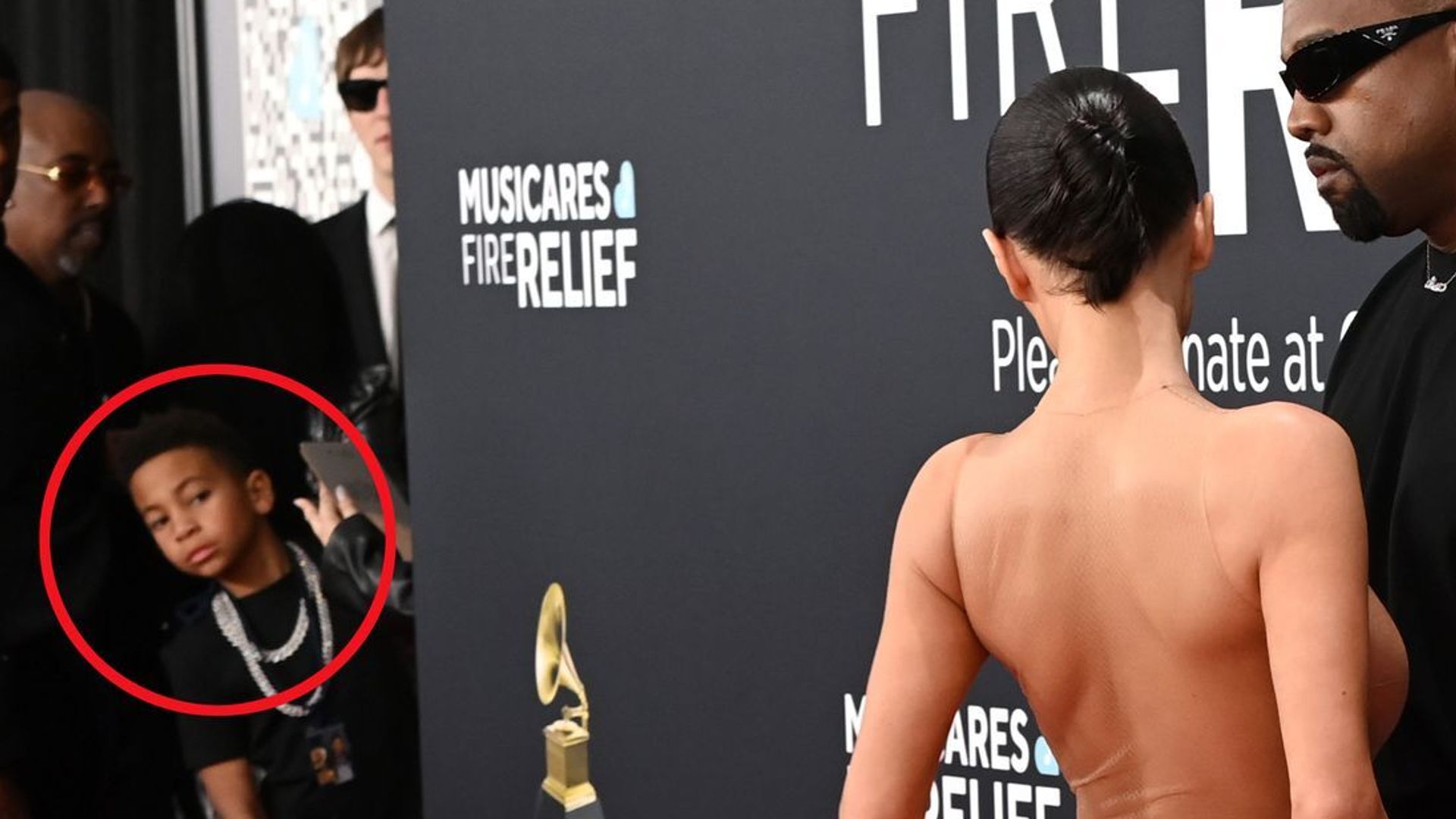Thirty seconds into “In the Wind,” the third song on Dear Psilocybin, Detroit rapper ZelooperZ experiences a harrowing moment of clarity. Real Bad Man’s unhurried beat wafts around him; an acoustic guitar figure laps against a sunny synth melody, and a filtered noise sweep swirls like a breeze through a leafy canopy. It’s peaceful and luxuriant, but once ZelooperZ raps, “Feel like I’m in a drain in the sink/It’s a downward spiral,” you notice the darkness playing at the song’s edges. Ze’s slurring voice lags behind the beat, stumbling over references to popping beans and nodding out, and suddenly, the music’s tranquility feels threatening, shrinking to a tunnel-vision point. When the Alchemist shows up for an admittedly great verse, it’s unsettling, as if ZelooperZ passed out early at the kickback, but no one really noticed.
In a comment on an Instagram post promoting “Sweet Celine,” Dear Psilocybin’s hair-raising first single, Ze explains to a fan that he made the album just before going sober, describing it as a “stream of psychosis.” For an artist as unpredictable as ZelooperZ to make such an admission is stark; his wild-eyed music often felt like it was coming apart at the seams, each beat barely able to contain his energy. It always took a moment to orient yourself in one of his albums, bracing for the inevitable sharp left turns and gasping for breath when he took them. That naked sense of danger isn’t as immediately apparent on Dear Psilocybin, thanks in part to the cohesive soundscape Real Bad Man provides, but it lurks beneath the surface, revealing itself a little more with each listen.
It’s easy to get lost in the duo’s technical prowess. ZelooperZ and Adam Jay Weissman (the man behind the music arm of L.A. design collective Real Bad Man) are also visual artists, and both pay close attention to textural detail. Ze warps his voice like a broken tape machine, speeding up and slowing down at strange intervals. He understands the impact of a slight change in inflection: On “World Blew,” he suddenly sings the last word of his first four bars, transitioning his voice from deep, torpid monotone to high-pitched anxiety. Despite its catchy melodies, Weissman’s loop-based production initially scans as droning and static, but closer inspection reveals complex chops and layering. He sneaks in small elements that guide big dynamic changes, like the shaker during Mavi’s verse on “Past Life” or the synth sequences at the end of “Sweet Celine,” giving songs a movement you didn’t know was missing. Sinking into the time-bending sounds of Dear Psilocybin is mesmerizing.


)





)
![Ivanka Trump and Jared Kushner's romantic night out in Miami [PHOTOS]](https://www.hola.com/us/horizon/landscape/cefc3889ad70-megitsvdg25020607.jpg?im=Resize=(1200))


)




)

 English (US) ·
English (US) ·